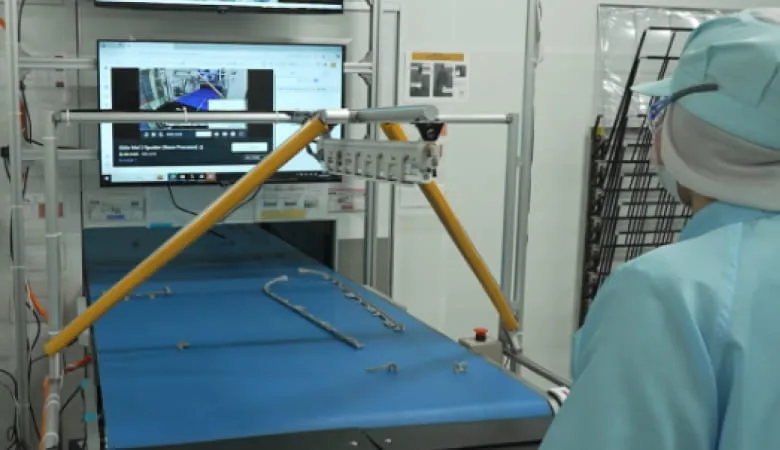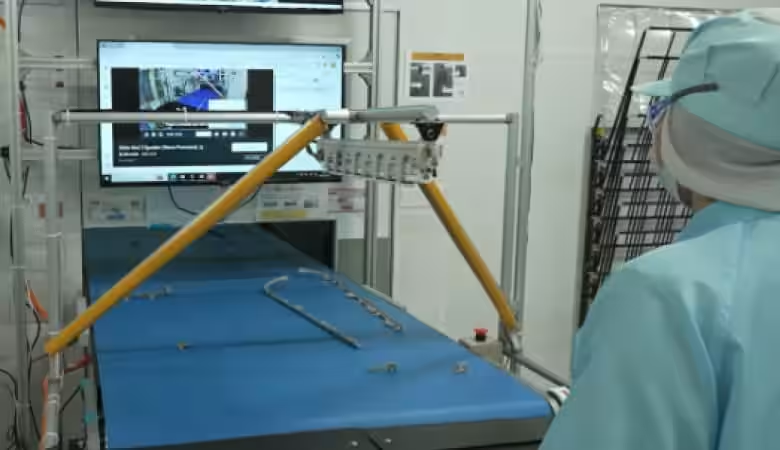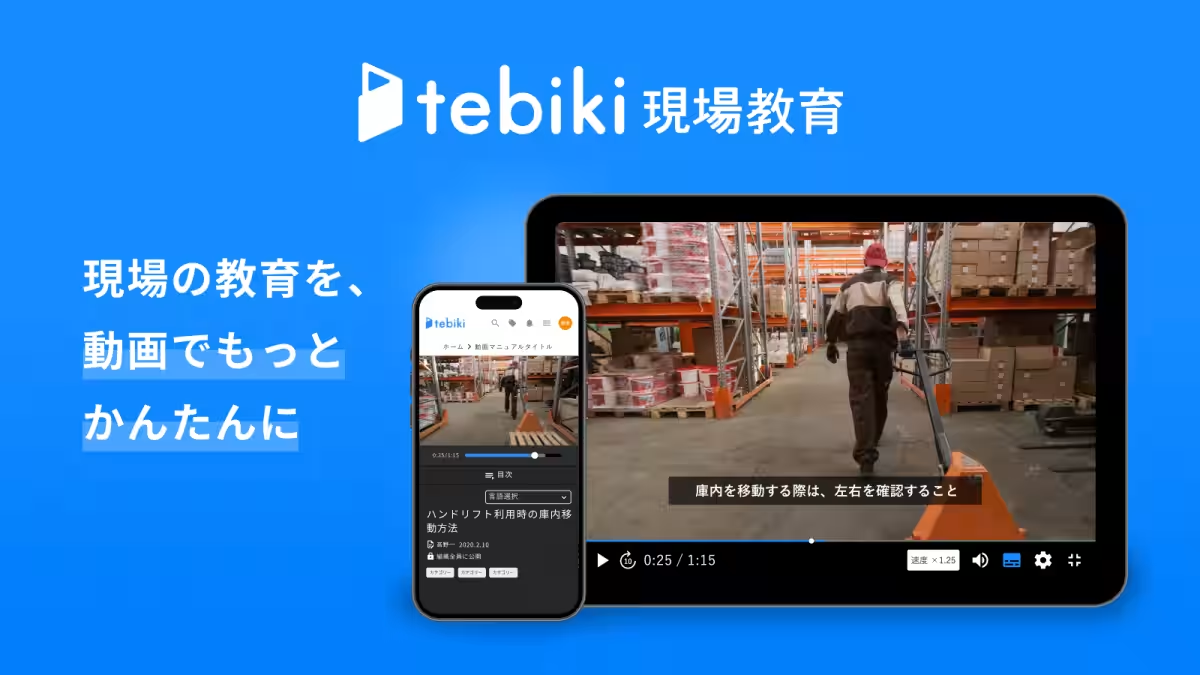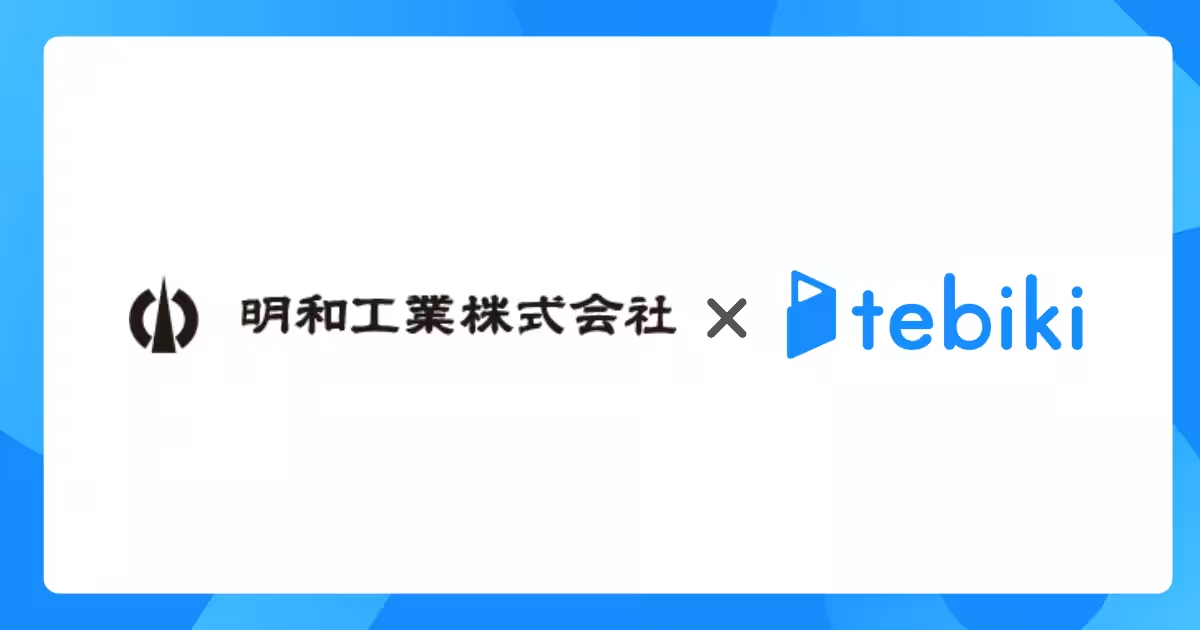

Meiwa Industry Implements Advanced Video Education System Enhancing Foreign Worker Training
Introduction
In the rapidly evolving automotive sector, effective training of foreign workers is crucial for maintaining quality standards. Meiwa Industry, a manufacturer specializing in automotive interior components, has taken a significant step by adopting the video education system called 'tebiki'. This innovative approach aims to streamline the training processes for foreign employees, addressing previous challenges posed by language barriers.
Background of Meiwa Industry
Meiwa Industry, headquartered in Tajimi City, Gifu Prefecture, operates as a comprehensive automotive parts manufacturer, handling everything from development proposals to design and production. Known for its high-quality components, the company specializes in decoration parts such as cup holders and ashtrays. These items often combine plastic materials with metallic finishes using sputtering techniques. Recently, the company launched a new factory, bringing in a sizable workforce of foreign dispatch workers. This led to noticeable difficulties in on-the-job training, primarily due to language differences.
The Challenges Faced
Prior to the implementation of 'tebiki', Meiwa relied heavily on traditional paper-based standard operating procedures (SOPs). However, these methods proved insufficient for effectively conveying complex instructions, particularly to workers unfamiliar with the Japanese language. Consequently, inconsistencies in work performance became prevalent, exacerbated by the challenges of producing over 100 different products simultaneously in a mixed production environment. As a result, defect rates due to scratches in production processes rose to 4.5%, highlighting an urgent need for a more effective educational solution.
Adoption of the 'tebiki' Video Education System
In light of the pressing challenges, Meiwa turned to the successful experiences of other group companies that had implemented 'tebiki' as an effective training tool. The introduction of this video education system involved placing monitors in work areas to provide easy access to video manuals translated into the workers' native languages. This initiative has fundamentally transformed the training landscape at Meiwa, eliminating variations in adherence to standard operating procedures and fostering consistency in manufacturing practices.
As a direct outcome of using 'tebiki', Meiwa has achieved a remarkable reduction in defect rates, decreasing scratches in production processes down to a mere 1.5%. This substantial improvement illustrates the effectiveness of visual aids in enhancing understanding among a diverse workforce.
Broader Implementation Across Departments
Following the successful integration in the initial department, other divisions within Meiwa Industry have begun utilizing 'tebiki' for training purposes. The company aims to share its successful outcomes across additional factories and departments, promoting an overarching initiative to minimize defects company-wide. This collective effort not only enhances operational efficiency but also encourages a culture of continuous improvement.
About the 'tebiki' Video Education System
The 'tebiki' video education platform has been tailored primarily for deskless workers in manufacturing, logistics, food service, care, and various service sectors. Developed with insights from experiences in a food processing facility, 'tebiki' offers an intuitive user interface that simplifies video creation and editing. Users can effortlessly capture on-the-job training sessions with smartphones, allowing automatic generation of subtitles through advanced voice recognition technology. The platform also supports video editing features, such as scene removal, audio overlays, and automatic translation, making it an indispensable tool for modern employee training.
Moreover, 'tebiki' provides real-time analytics on video engagement, enabling managers to monitor employee progress and proficiency levels effectively. This data-driven approach ensures organizations can quickly identify areas where additional training may be needed.
Conclusion
In summary, Meiwa Industry's integration of the 'tebiki' video education system marks a significant advancement in workforce training methodologies. With improved training efficiency, consistent adherence to quality standards, and a marked reduction in defect rates, the company's commitment to excellence continues to shine in the competitive automotive manufacturing landscape. As 'tebiki' finds broader applications across departments, Meiwa is setting a benchmark for others to follow in optimizing worker training through innovative technology.
For further insights and detailed case studies, visit the interview page here.



Topics Consumer Products & Retail)










【About Using Articles】
You can freely use the title and article content by linking to the page where the article is posted.
※ Images cannot be used.
【About Links】
Links are free to use.